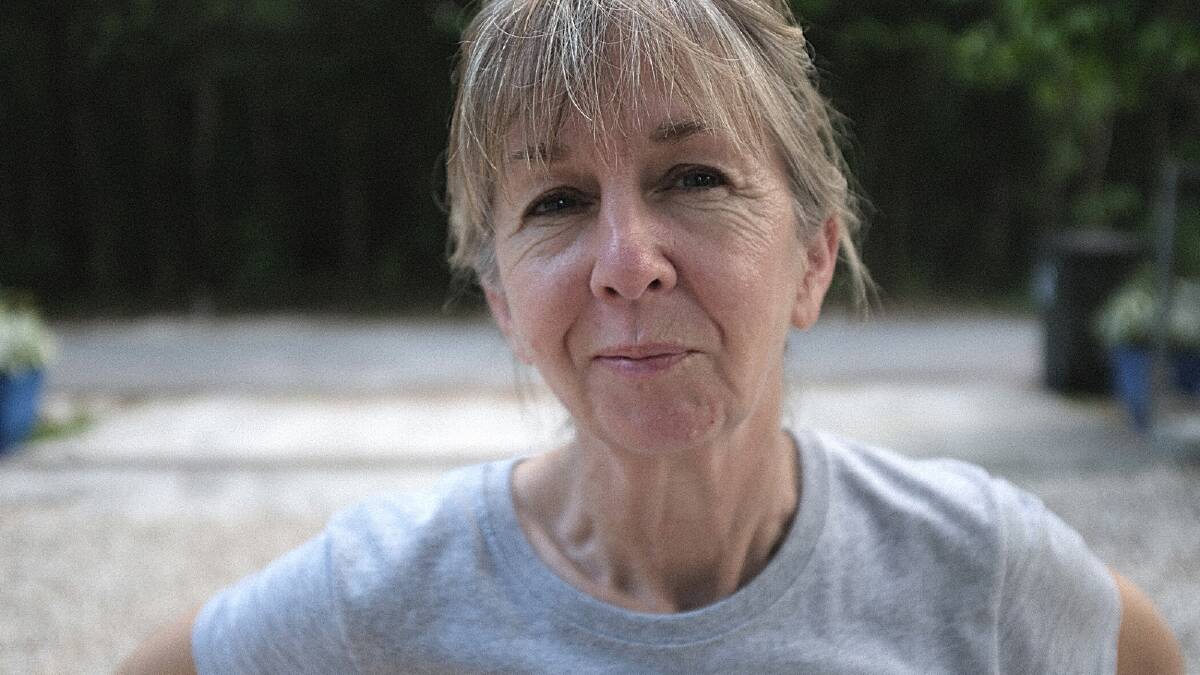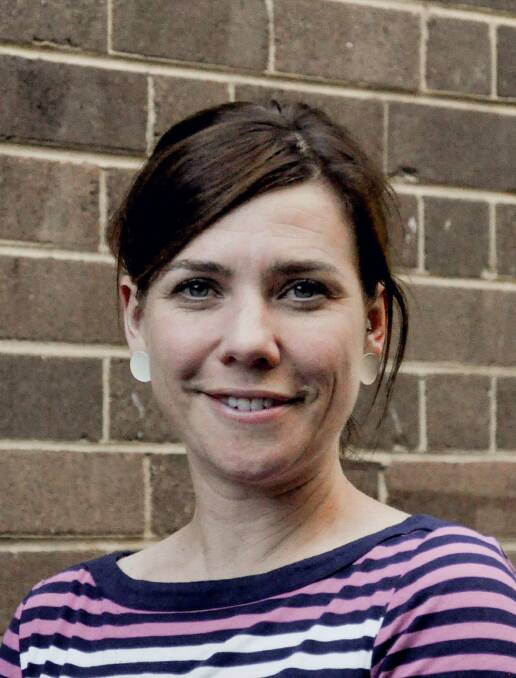
Many single women without children are doing it tough in their senior years, according to new Australian research.
Whereas much past research has focused on the 'motherhood penalty' faced by older woman who took time off from work to look after children, the new research by Council on the Ageing (COTA) NSW board member Associate Professor Myra Hamilton and colleagues has found that single women without children (SWWC) face particular challenges which can leave them vulnerable to poverty and isolation.
SWWC make up around nine per cent of the surveyed population aged 45 and older in the National HILDA (Household, Income and Labour Dynamics in Australia) study which follows 17,000 people throughout their lives.
I did find though that because I was single and had part time work it was assumed (by many people, not just my brother) that I would be the main carer. Of course I wanted to - it was my mum, but my health and energy were not even considered. It was hard, but I wouldnt have had it any other way.
- Research participant
Myra said the research challenged the misconception that SWWC generally have uninterrupted careers and a healthy superannuation balance, instead finding they often have interrupted career paths from various causes - redundancy, ill heath, and the expectation they were available to care for elderly or disabled family members.

Housing was a major issue for many older SWWC who cannot rely on a partner to help get and pay off a mortgage making it more of a struggle to enter and stay in the housing market; and single women were less able to absorb temporary financial shocks than a partnered person; so a redundancy, illness or caring responsibility can result in them losing their home and having to move to rental accommodation.
The historical gender factor plays an enormous impact, a housing special said.
"The facts that these women have often worked in the workforce in maybe casual jobs, part time works. Lower paid work where either no superannuation was required to be paid or a minimal amount of superannuation was required to be paid. So that absolutely impacts their financial security."

Also while single women were more likely to bear the lion's share of caring for ageing parents, they were the least likely to have someone to provide informal care and support for them in later life, leaving them at risk of needing early entry to residential aged care.
The report's recommendations include the need to address the effect of family care on employment and income; amend anti-discrimination legislation to clarify that discrimination against people without family responsibilities is also unlawful; develop more affordable housing options for older women; provide advocates in the aged care system to help older people without informal support; and make financial advice more accessible, affordable and catering to women's needs and communication styles.
- Security in old age for older single women without children, presents findings from a collaborative project between the Universities of Sydney, New South Wales and Curtin and was funded by CPA Australia.


